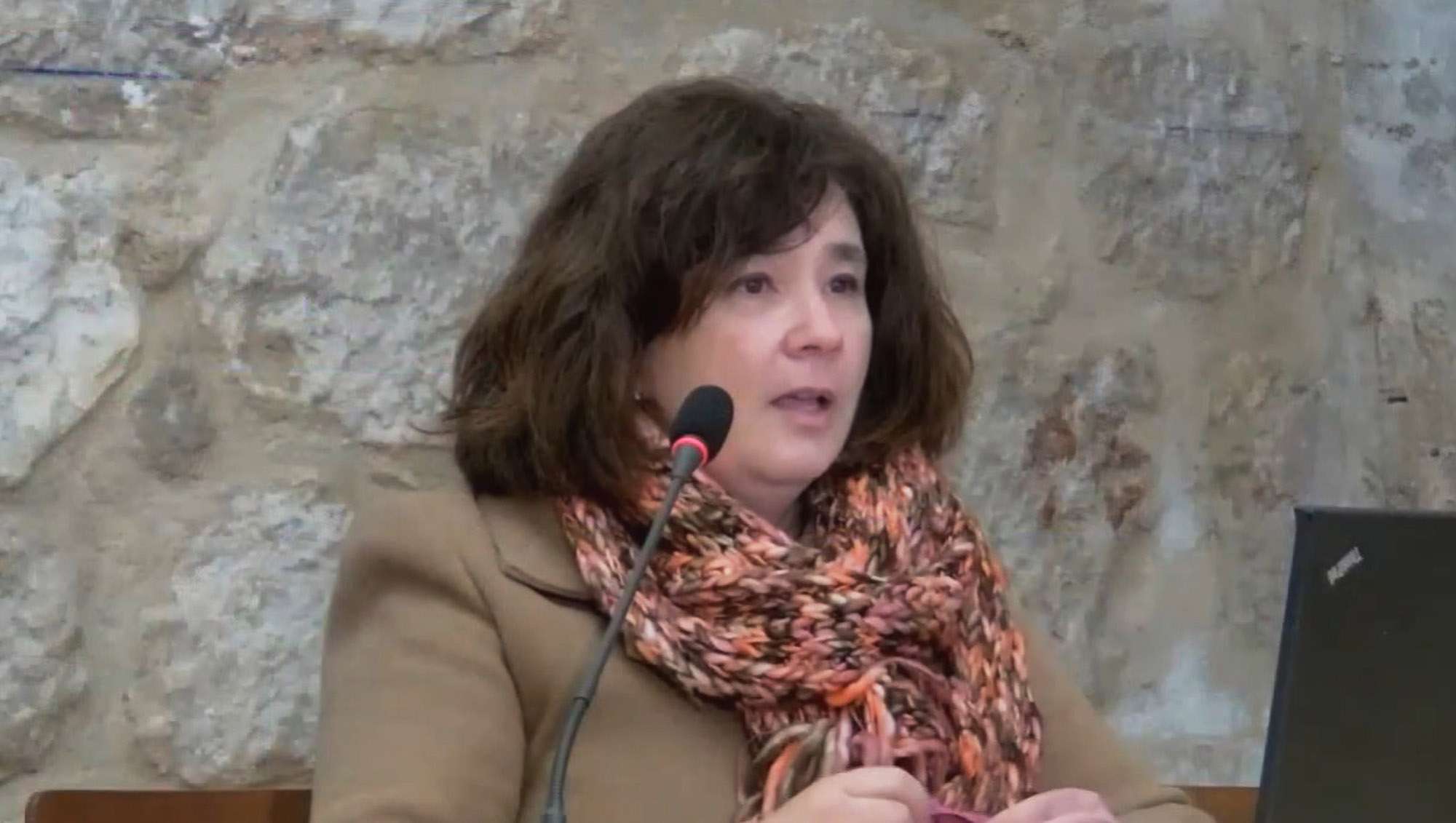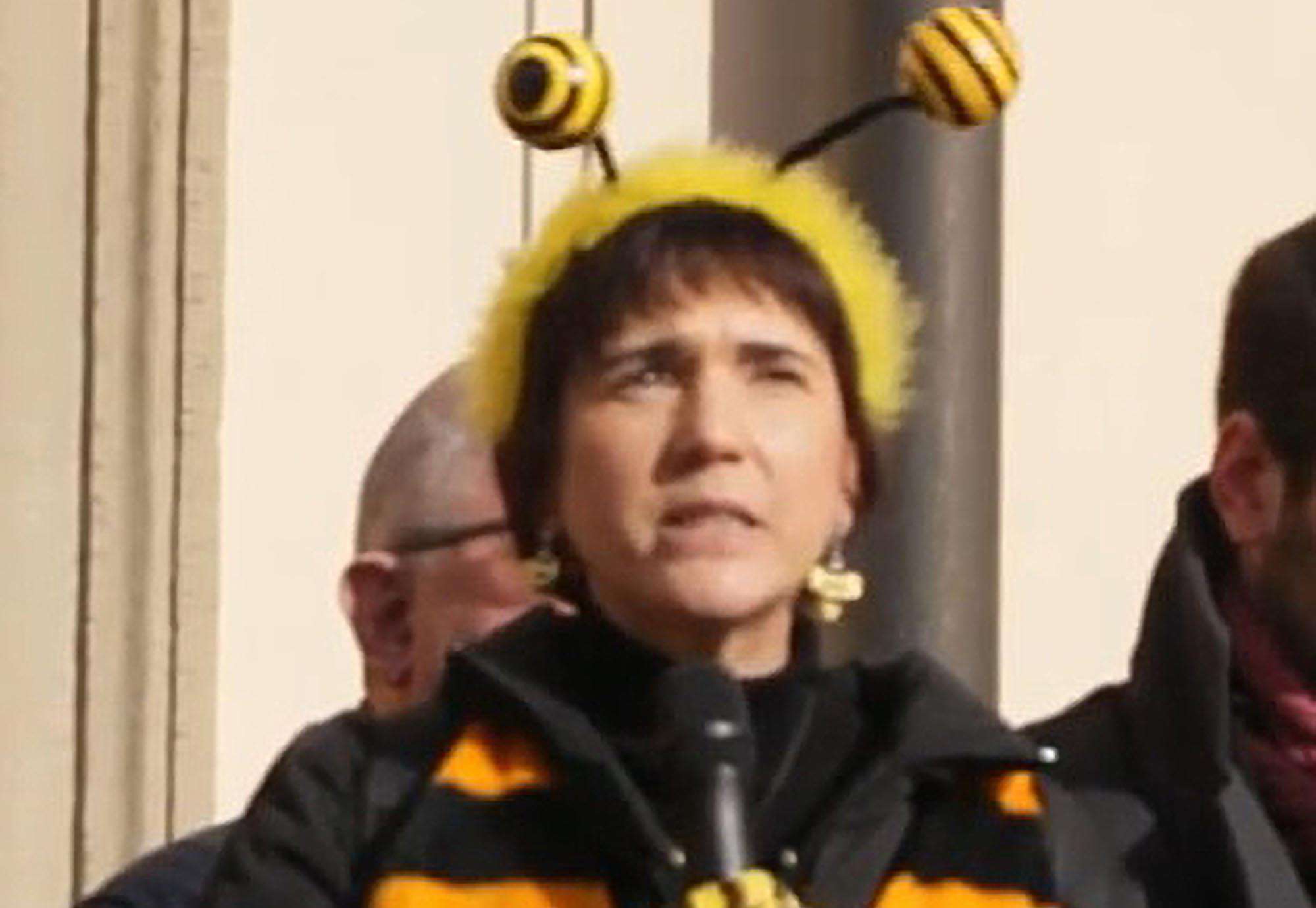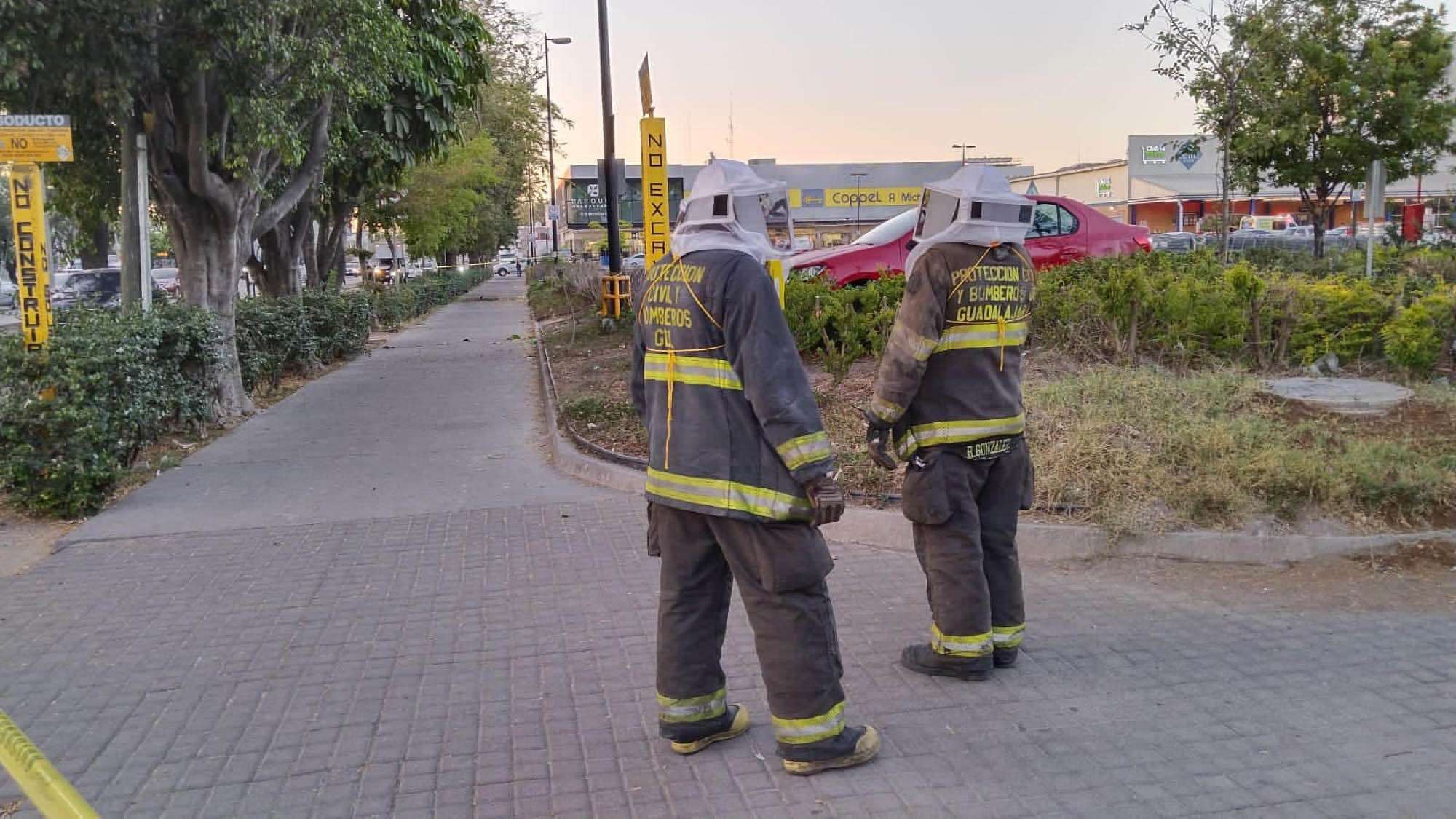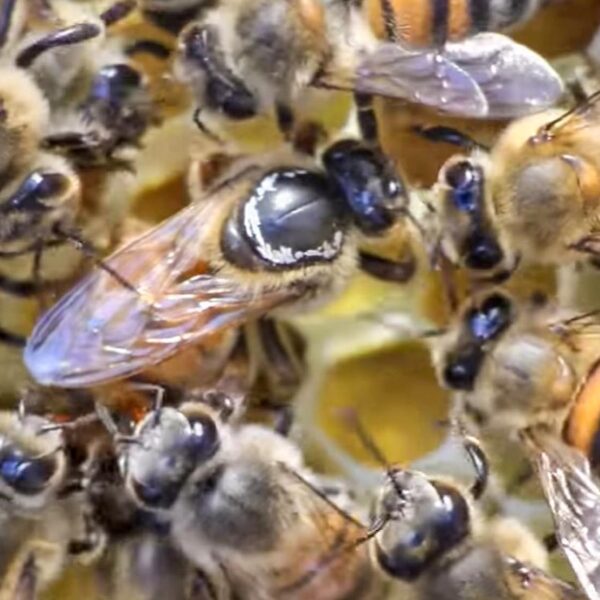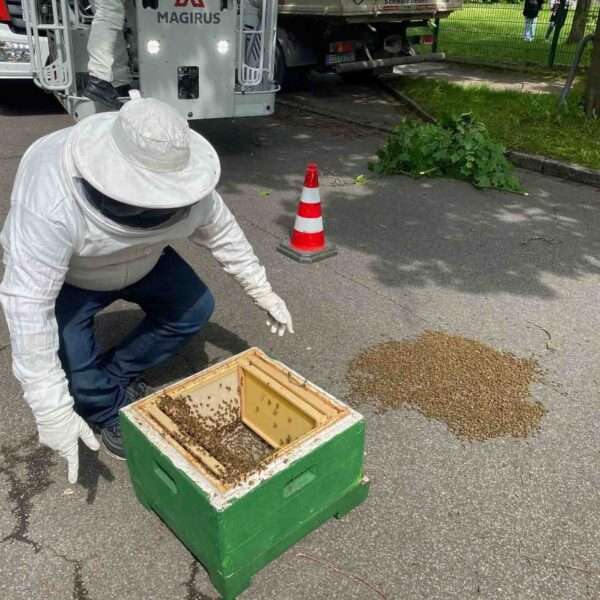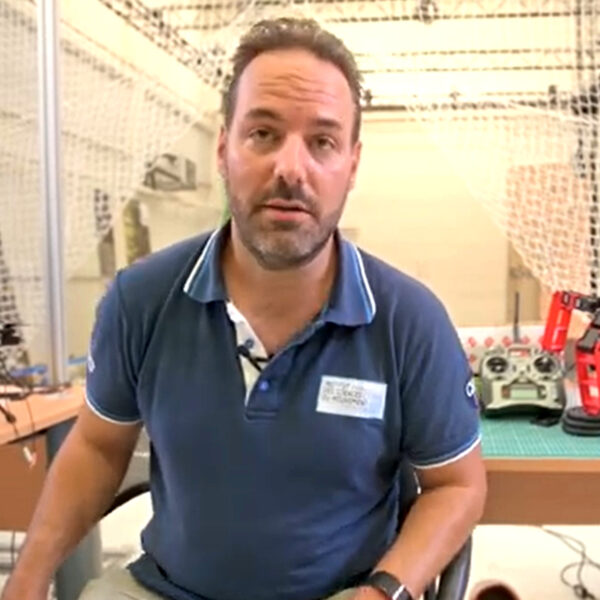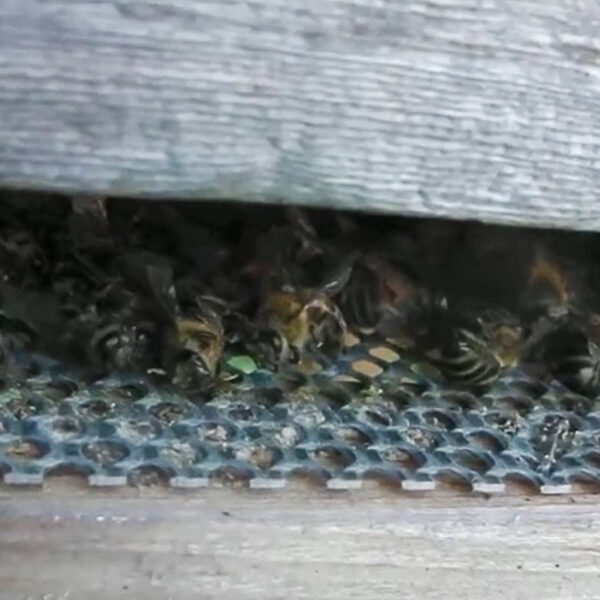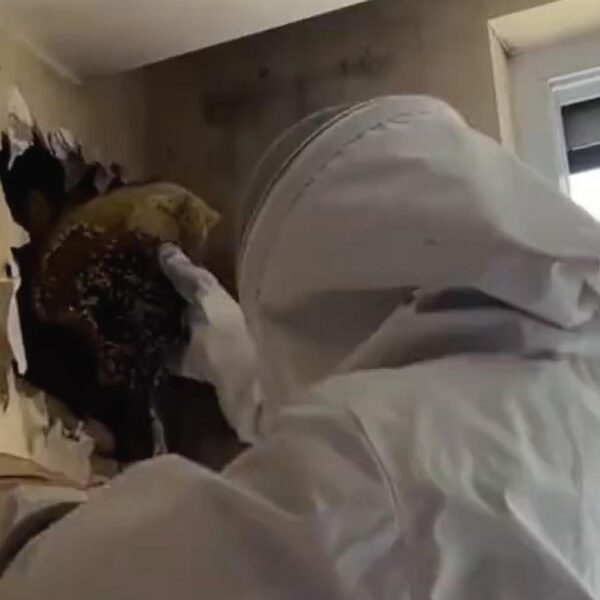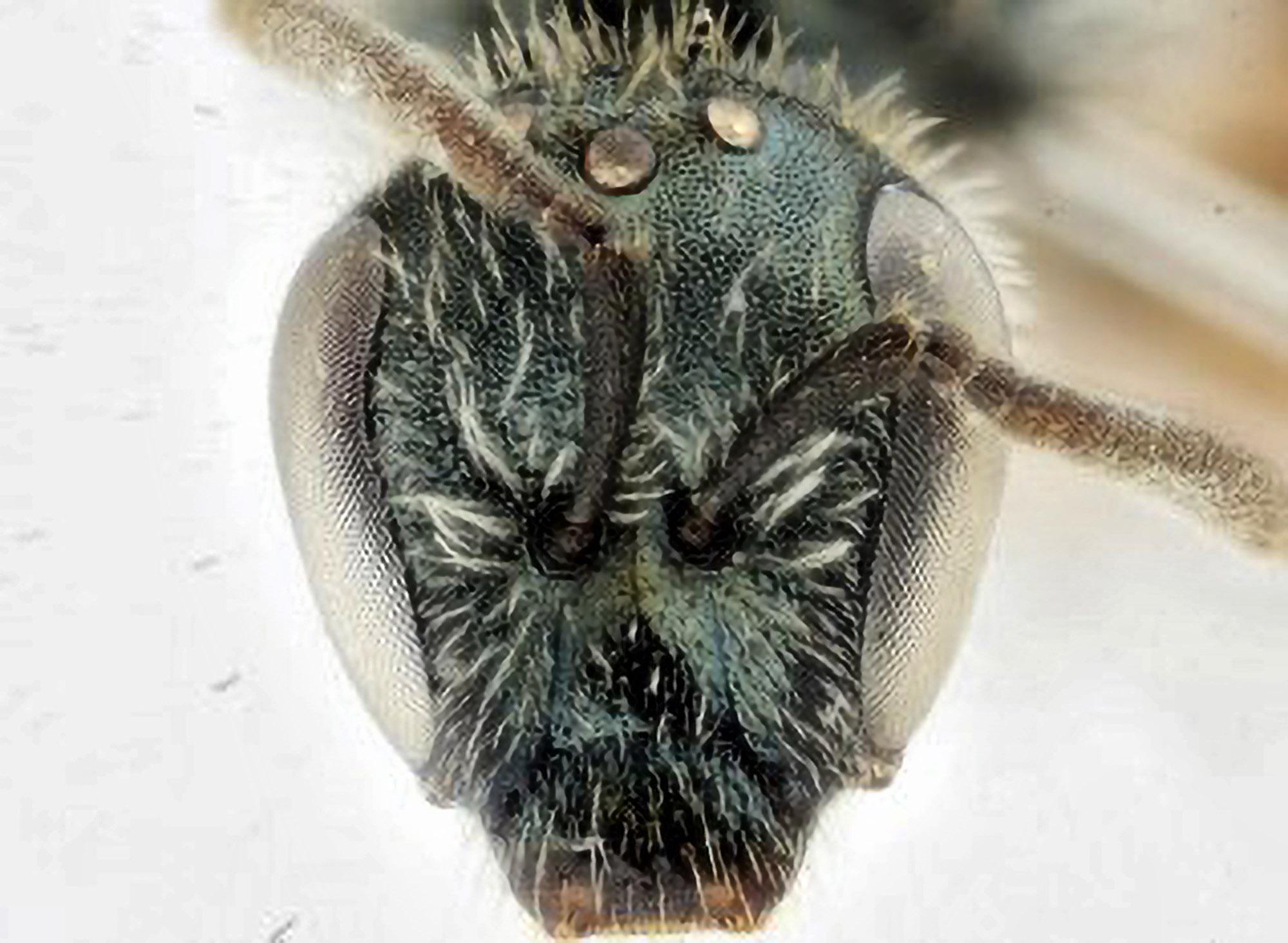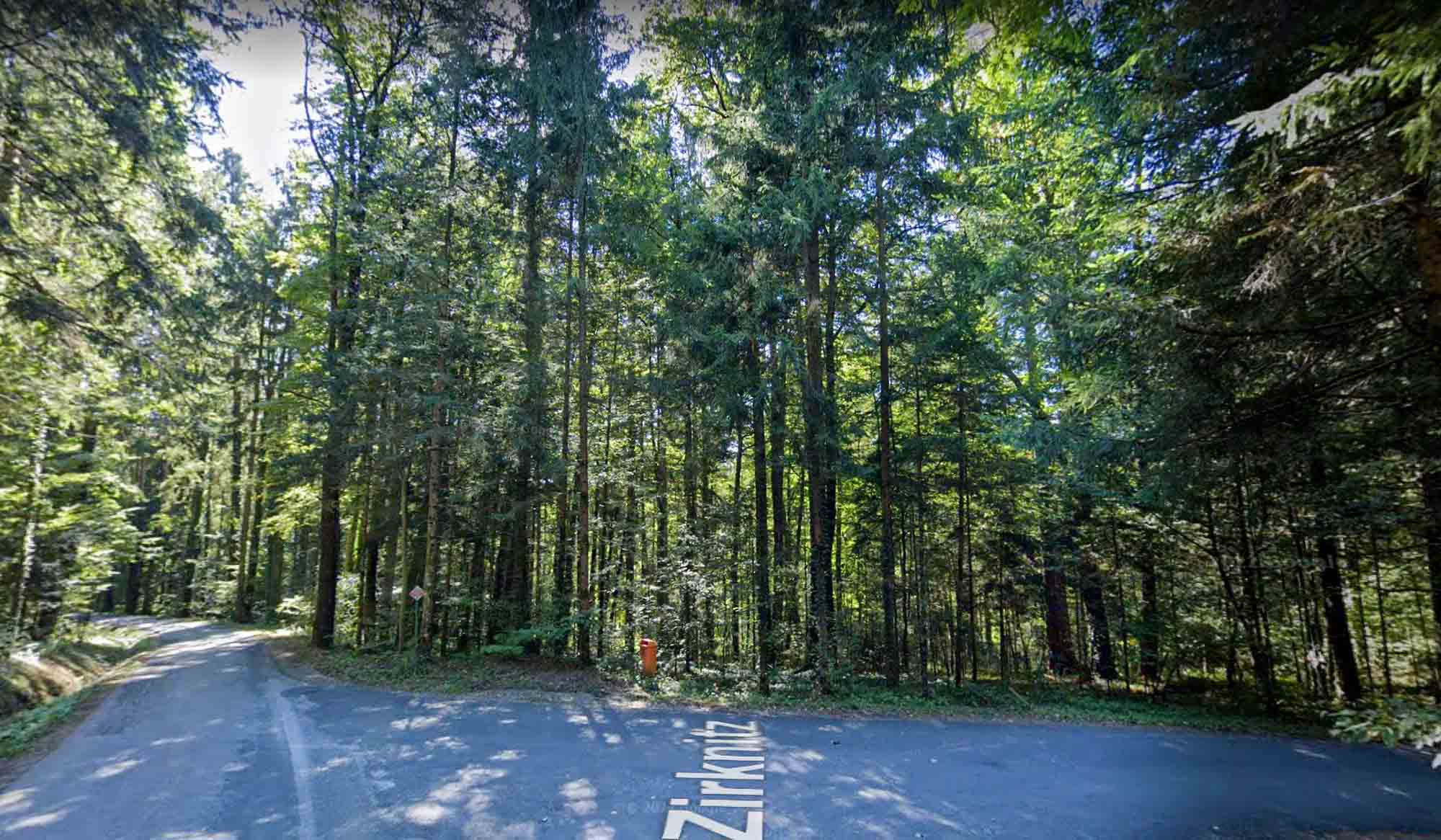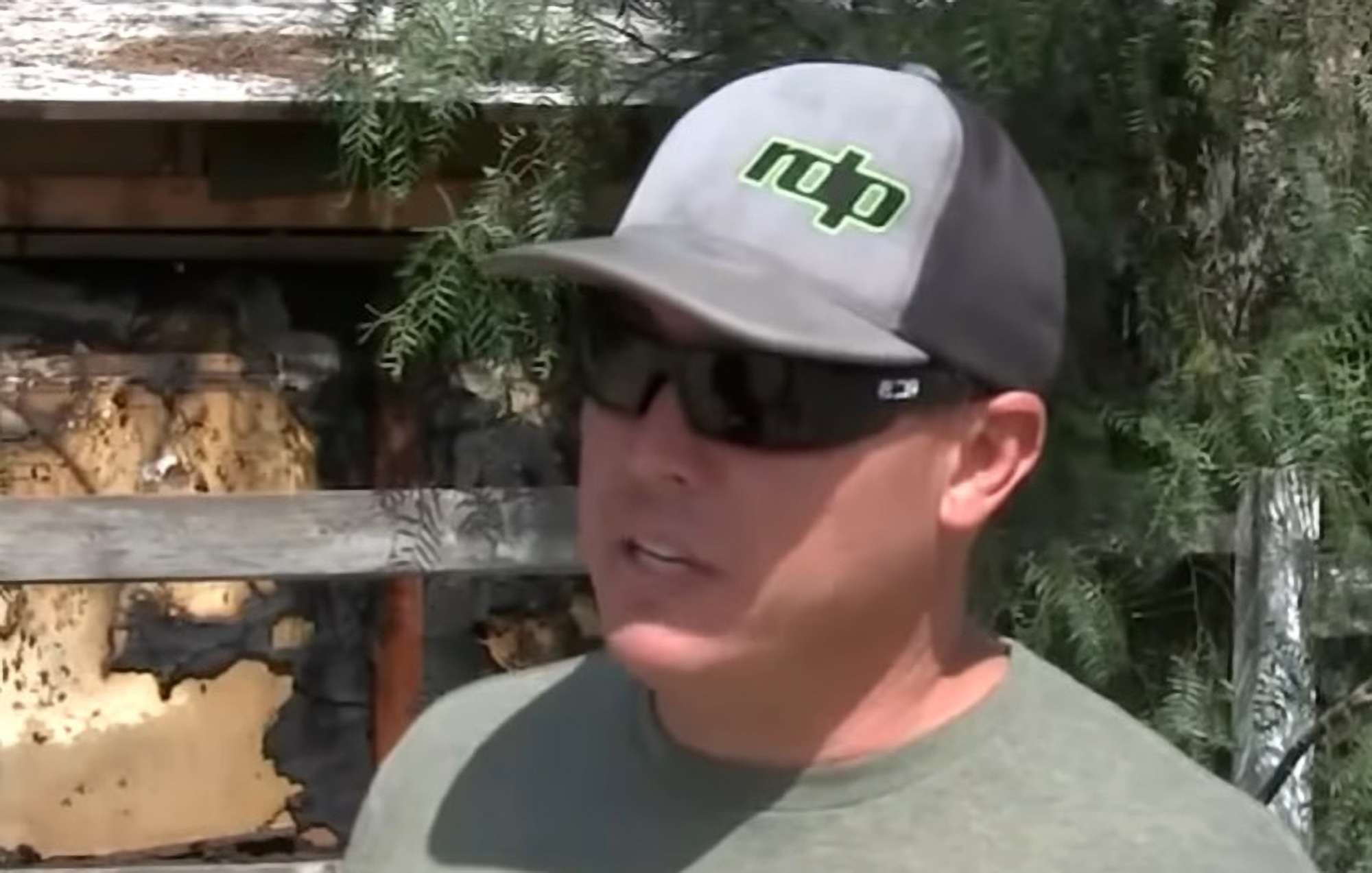A Spanish scientist has given insights into how she helped to develop the world’s first vaccine for bees.
Raquel Martin Hernandez from the Apicultural Research Centre in Marchamalo near Madrid was one of Dalan Animal Health‘s international partners.
Earlier this year, the Georgia-based startup’s invention was approved by the United States Department of Agriculture (USDA).
Dalan’s invention aims at tackling American foulbrood (AFB), a disease which is caused by a robust spore-forming bacterium. Severe outbreaks can lead to the death of the majority of a brood.
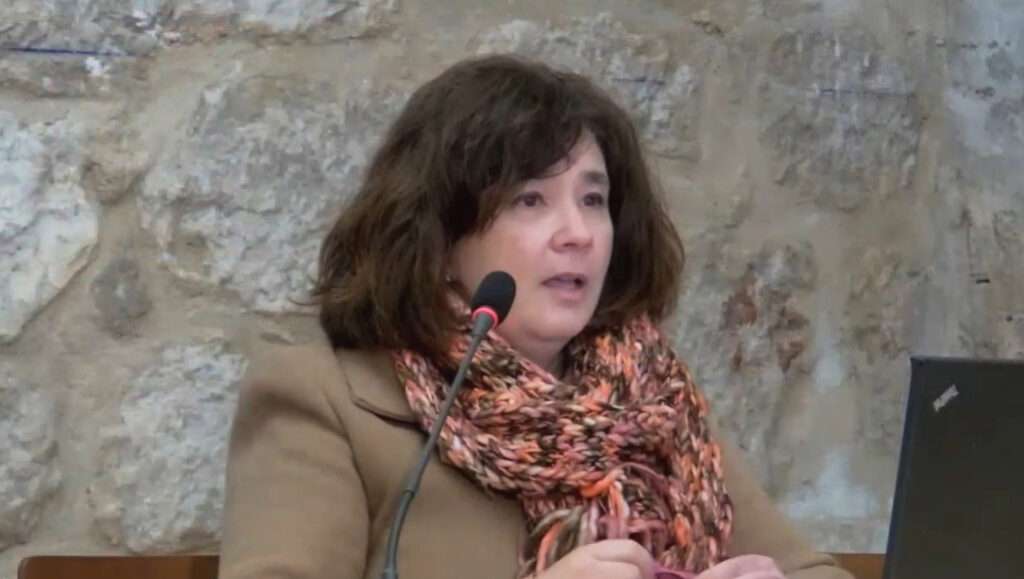
The liquid vaccine – which is expected to go on sale in the United States later this year – contains an inactive version of the bacterium which is introduced into the royal jelly fed to queen bees.
Raquel told broadcaster Antena 3: “Three years ago, they asked us if we were qualified to carry out a clinical trial in the laboratory. We considered this a very interesting work proposal.”
The senior researcher praised Dalan’s creation as “an advance compared to the traditional therapies used in beekeeping.”
Speaking about the procedure she and her team have carried out, Raquel explained: “It consisted of checking the efficacy of a substance that was applied to the queens in their food and to see if the immunity that the queen transmits to the larvae is capable of reducing AFB-related mortality rates.”
The scientist added: “The queens were kept for a while in the laboratory with some workers and the food featuring the vaccine. After eight days, they were introduced into orphan hives where the larvae born from those queens face the AFB bacteria to see whether they died.”
Dalan Animal Health managed to garner more than USD five million (EUR 4.5 million, GBP 3.9 million) from different funding associations.
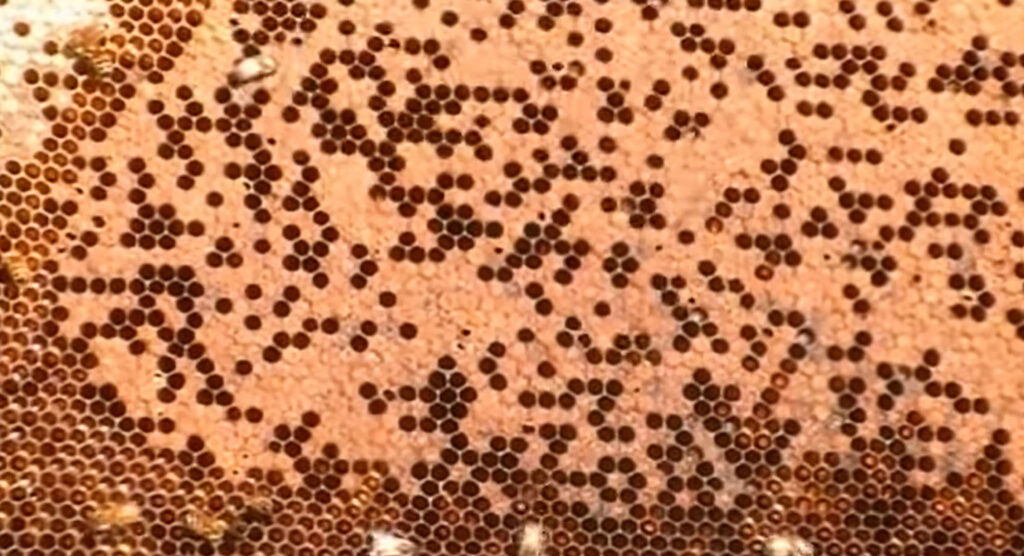
Referring to its vaccine endeavour, Dr Cedric Alaux from the French National Institute for Agriculture, Food, and Environment (INRAE) claimed that “a crucial hurdle has been taken.”
The biologist said AFB “is prevalent in the United States. It occurs less frequently in Europe. However, there are cases all over the world.”
He warned: “The vaccine alone will not solve the issue of bee population decline. This is a problem caused by several factors. Solitary bees will, in fact, not benefit at all. They are the most vulnerable group.”

